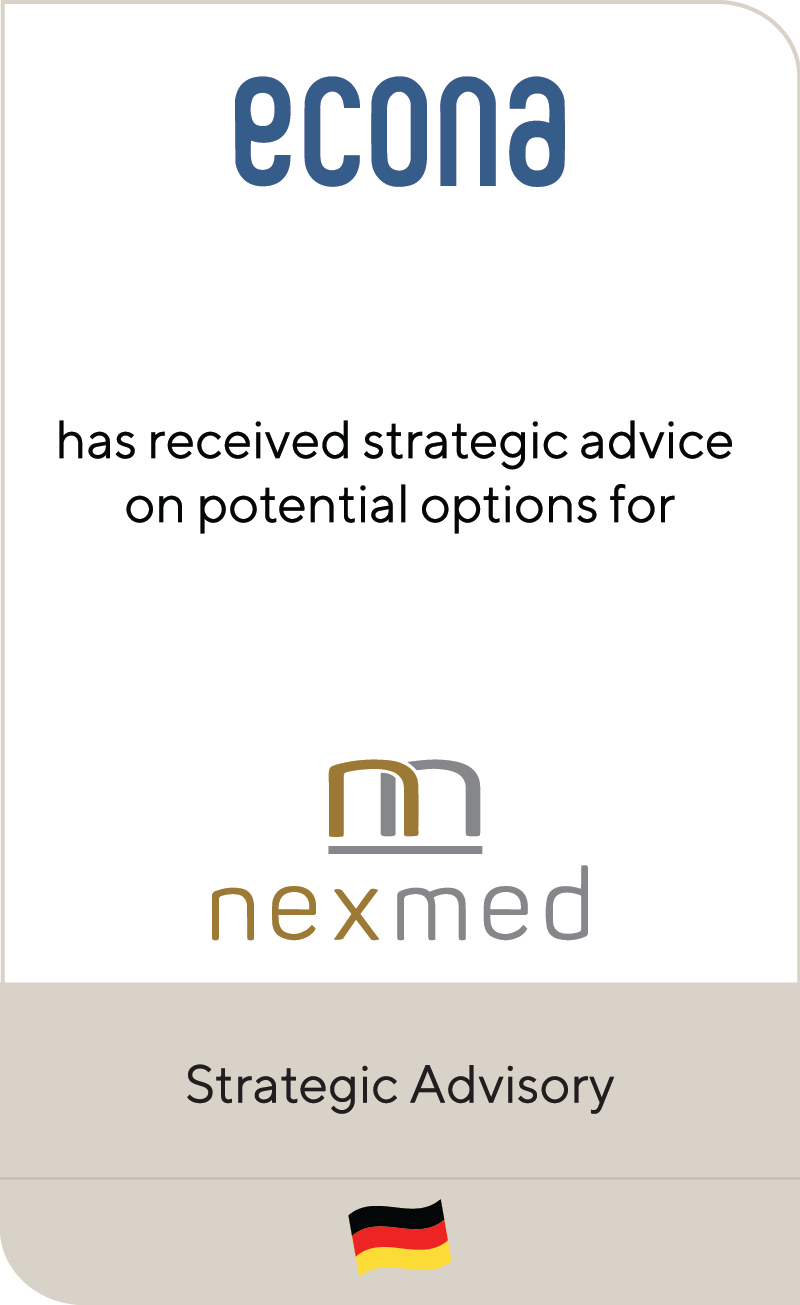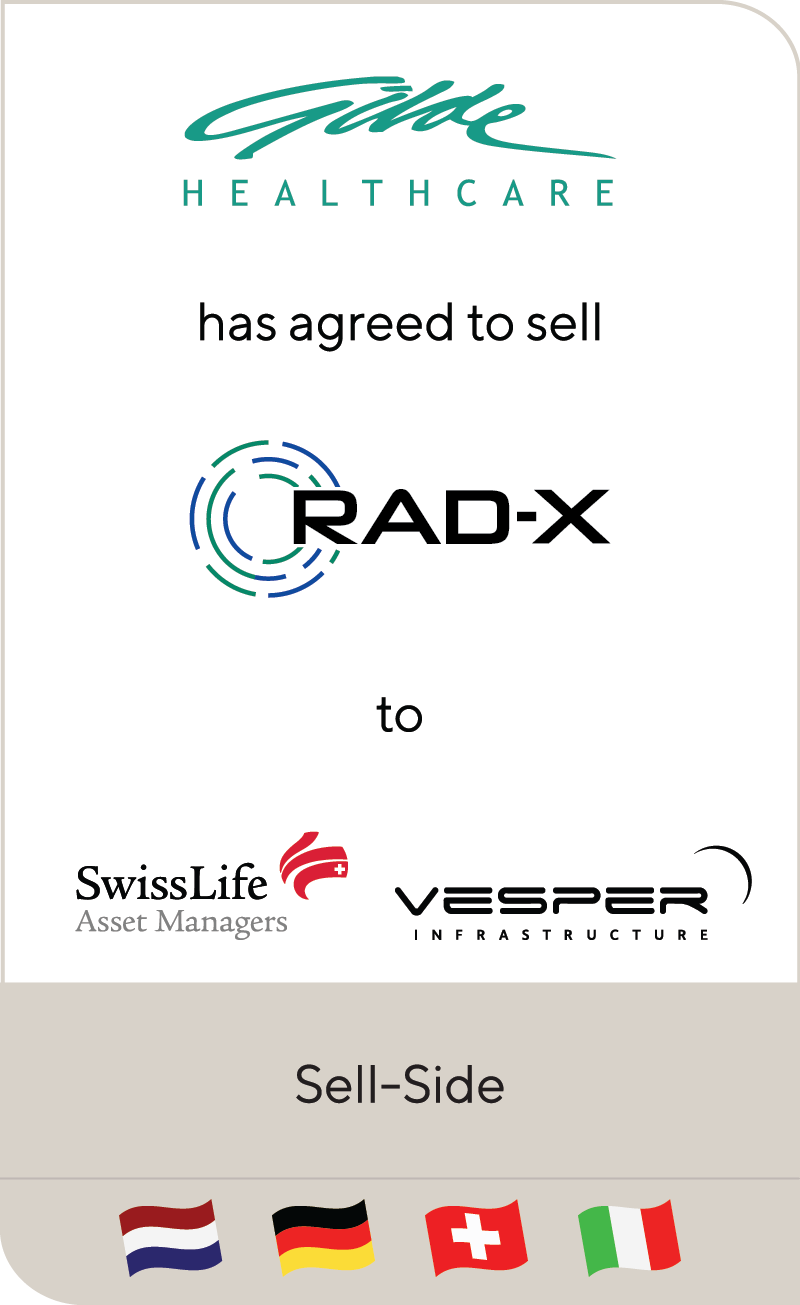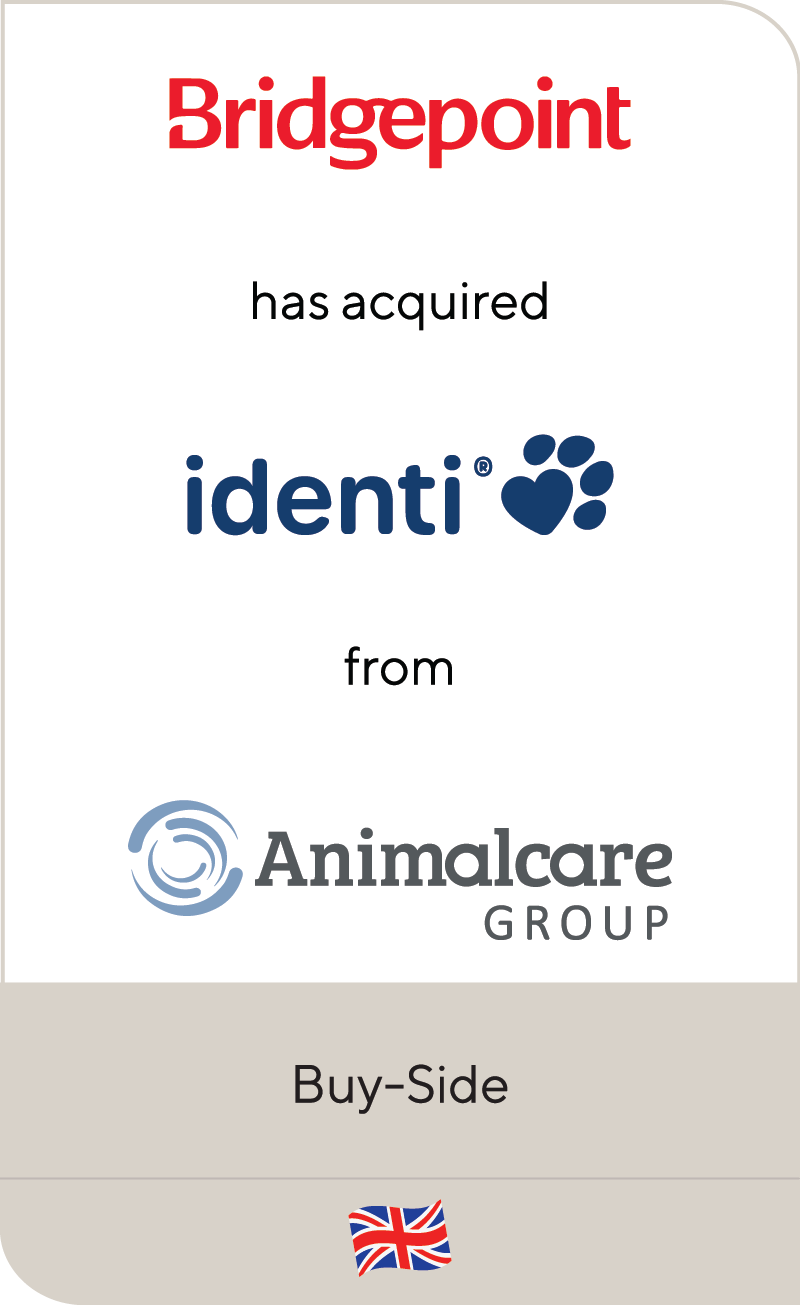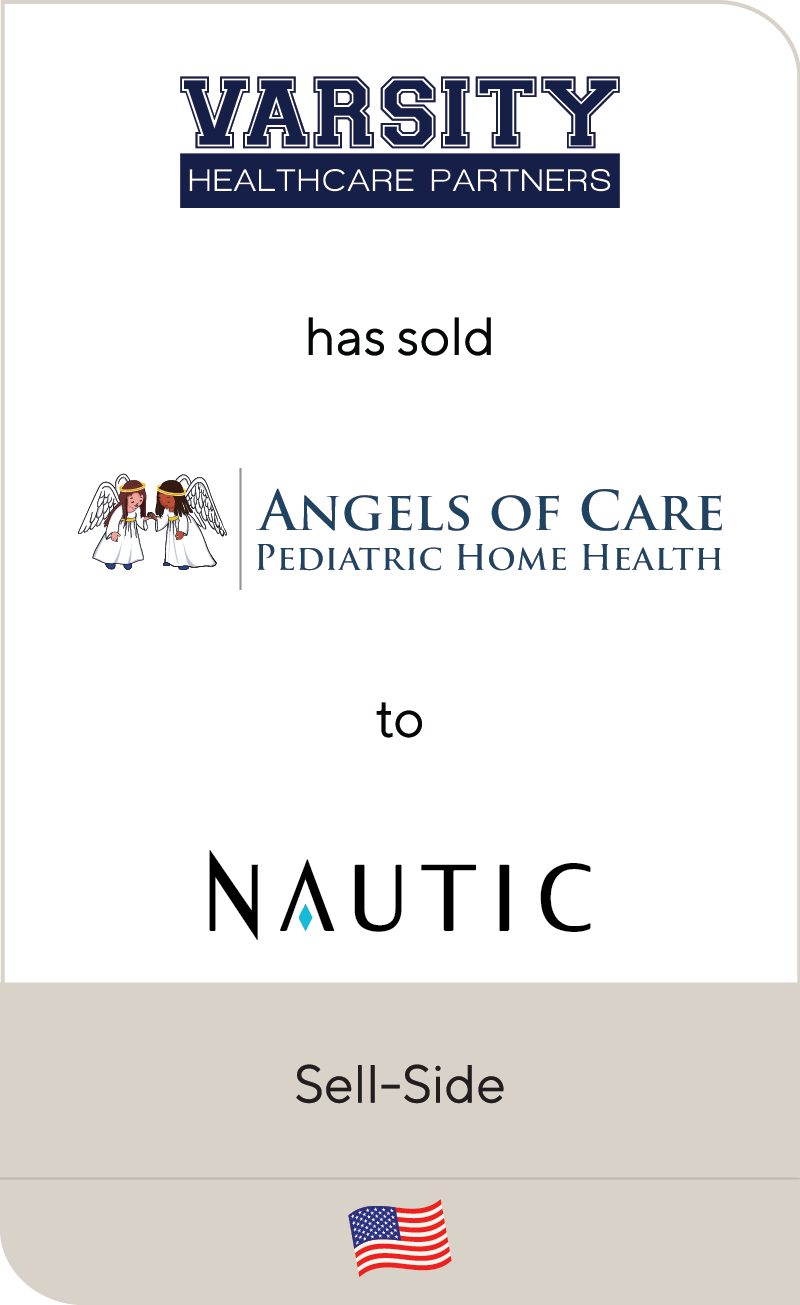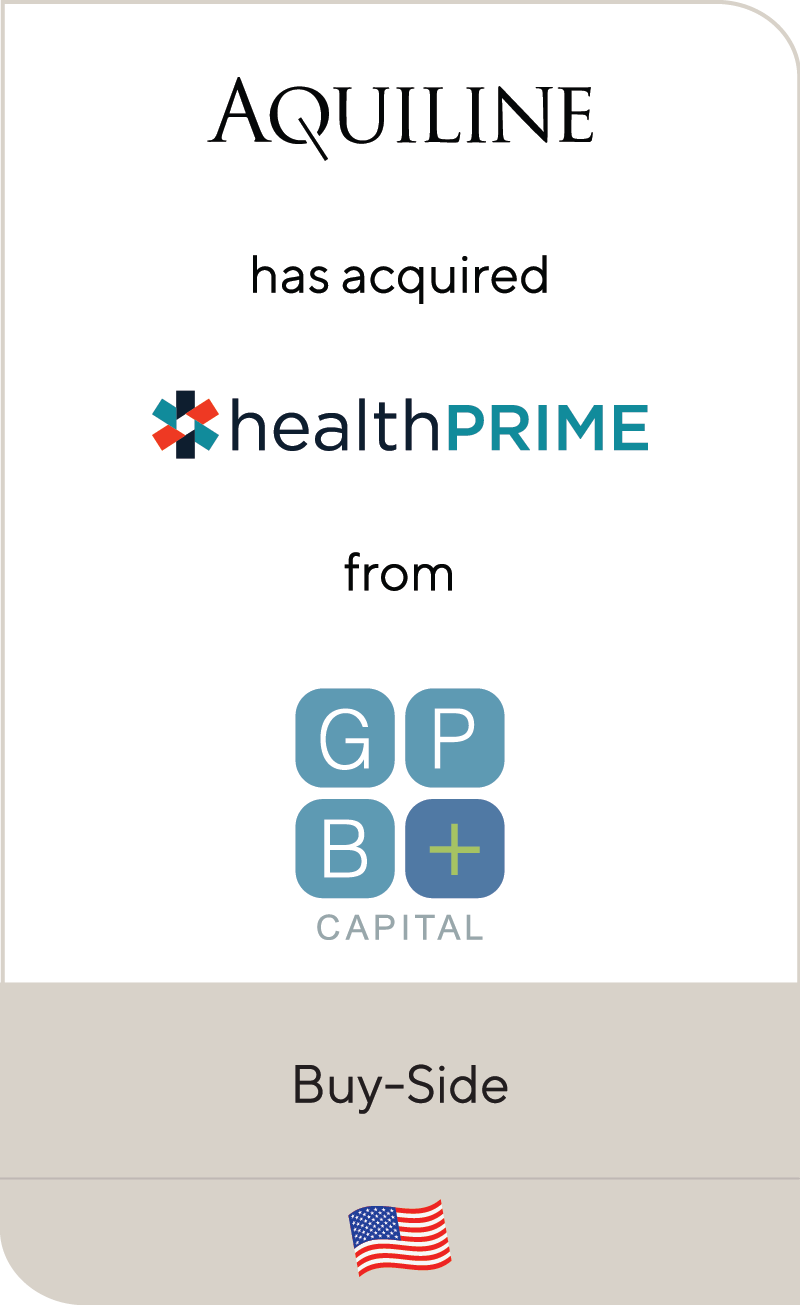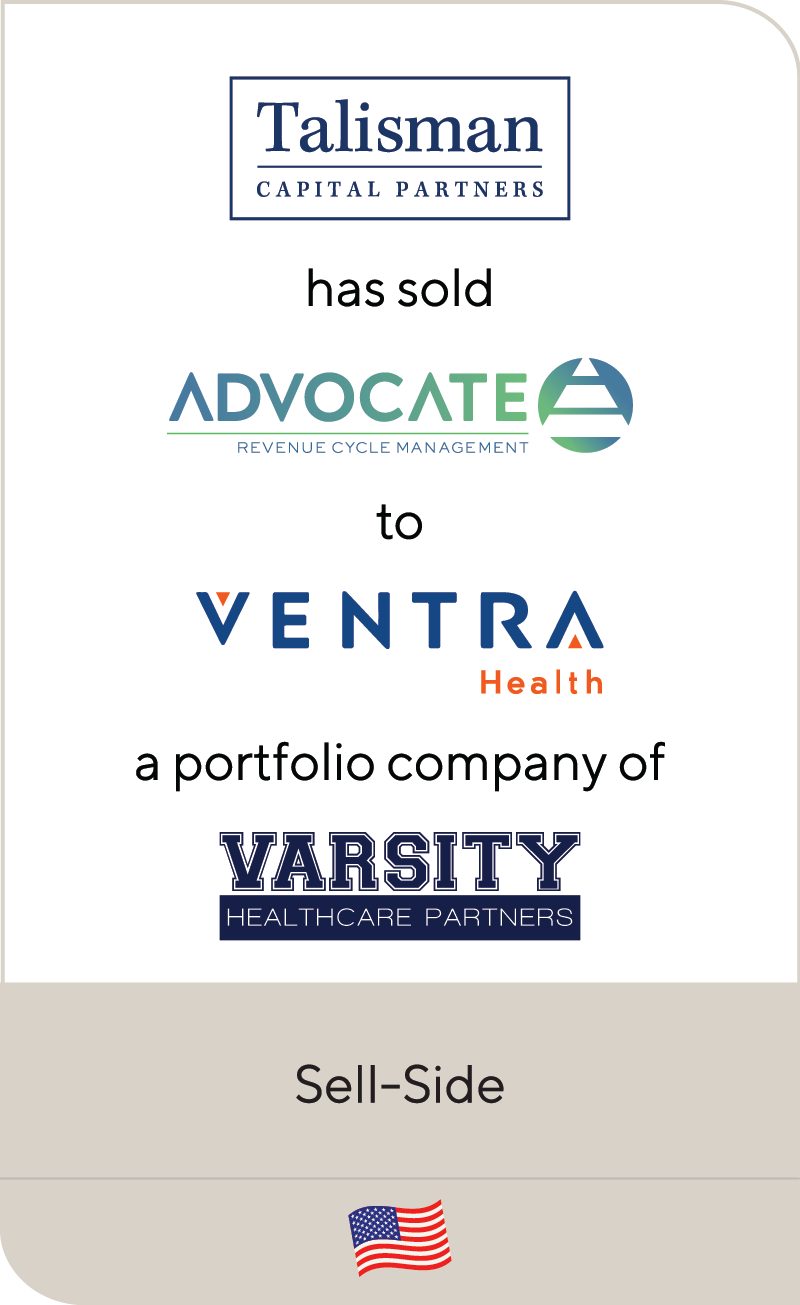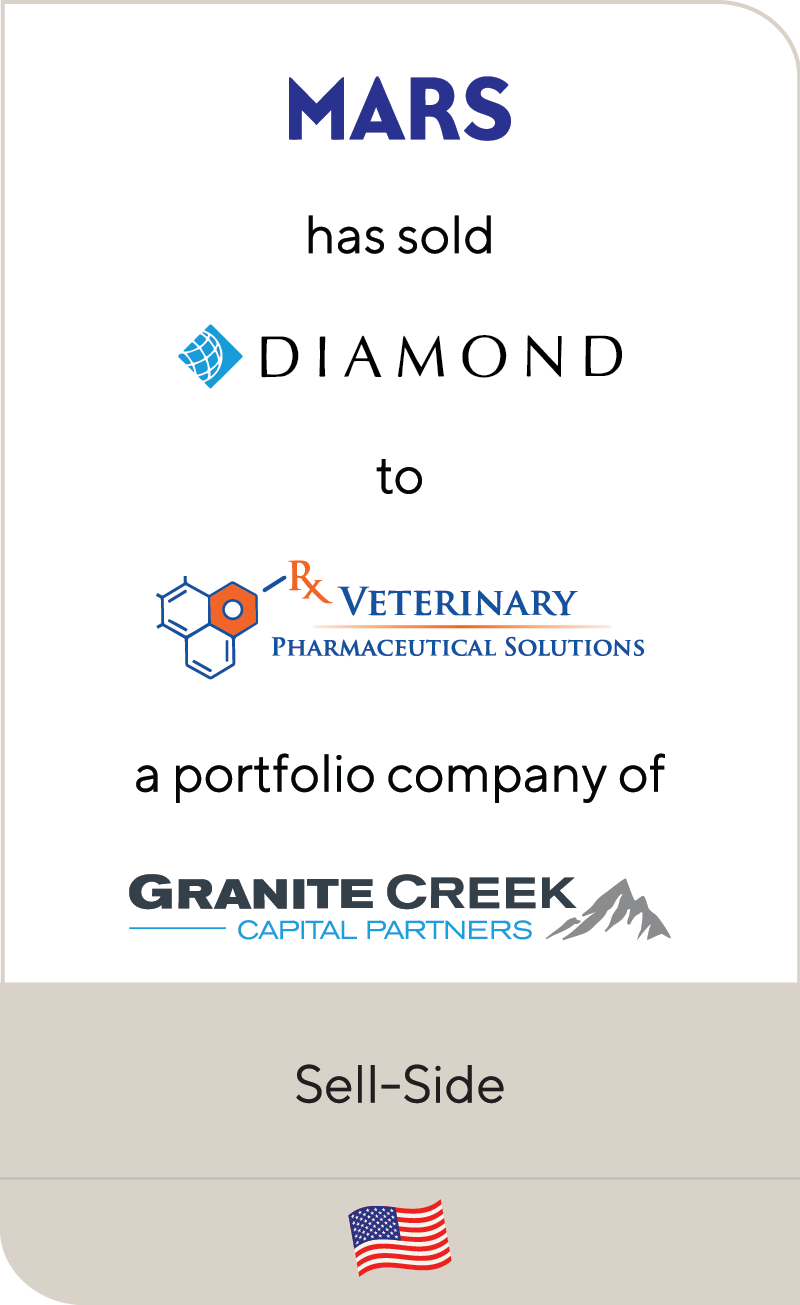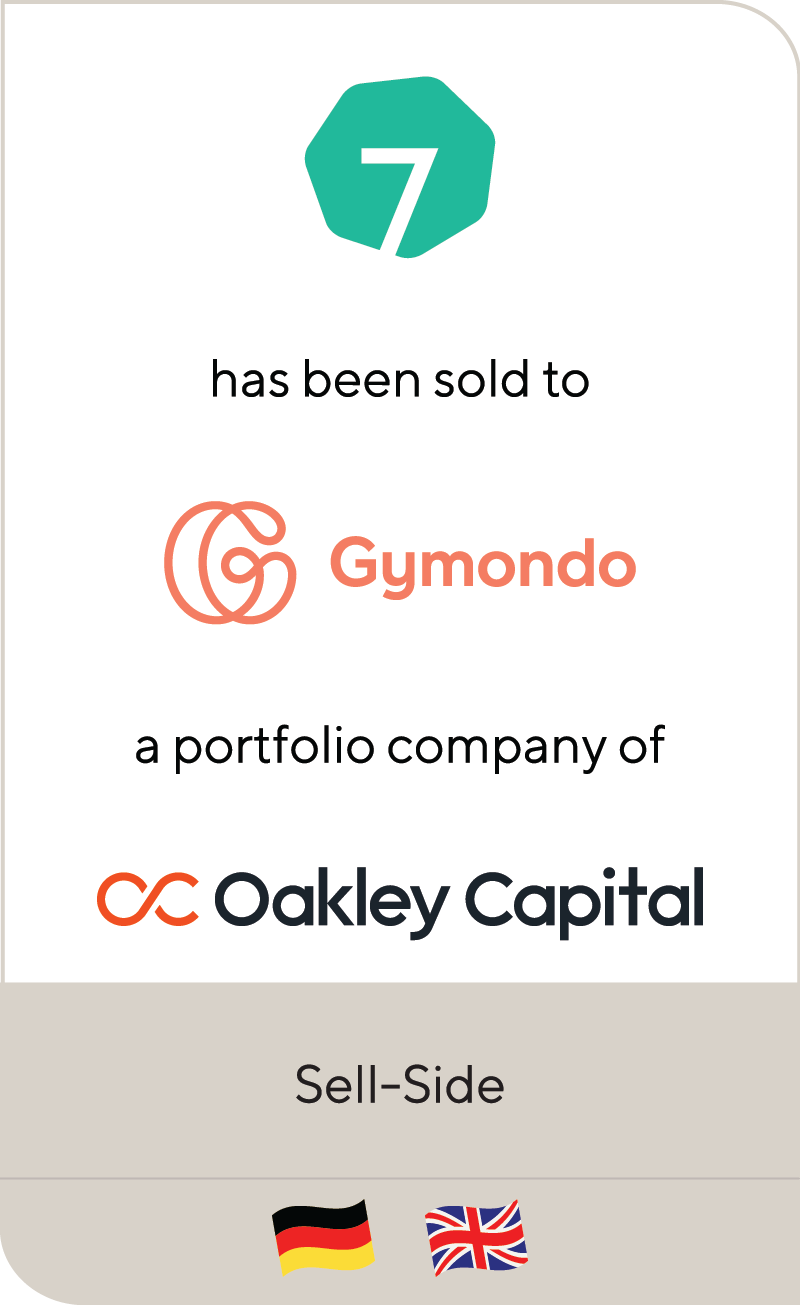Q&A with Lincoln Healthcare Director James West: The Future of UK Pharma Services and Manufacturing
Mar 2021
Lincoln International recently welcomed James West, a London-based Director in the firm’s global Healthcare Group. With a unique background as a pharmacist turned life sciences investment banker, James joins Lincoln to advise outsourced pharma service providers across manufacturing, research services, drug discovery, market access and medical communications companies and also pharma companies on mergers and acquisitions (M&A).
James recently discussed trends he is watching in the market in light of the pandemic and what investors can expect in 2021.
In your pharmacy training, your research focused on global pandemics. What do you see as the headwinds and tailwinds in healthcare and life sciences that have been brought on by the COVID-19 pandemic?
James: The pandemic has impacted everyone. In April and May of 2020, there was a lot of uncertainty for many businesses. For example, most non-COVID clinical trials were delayed, and it was unclear when they would be able to ramp up again. Depending on the business model, many pharma service companies experienced a pause in activity before things picked back up. Similarly, some pharma companies grappled with their strategy for launching a new drug and how COVID-19 would impact the dynamics in the market.
It is remarkable to think that in nine months we went from not knowing a disease to finding a vaccine. This process would typically take 10 to 15 years and up to $2 billion in investment. While vaccine rollouts are now underway, as this virus continues to mutate, businesses across pharma and healthcare will face a variety of challenges and need to be nimble and ready to adapt—from manufacturing to clinical trials. For life sciences, COVID-19 is only going to make a highly-regulated market even more complex.
What role is technology integration playing in the pharma services landscape?
James: It is an interesting time in the market, particularly in pharma services. Historically, pharma companies engaged consultants in project work to support commercialization, for example. Imagine a pharma company hoping to launch an oncology drug in a certain country. They may need to know who the top ten cancer specialists are in India and how to ensure they can have input into any trial design, input into commercial strategy and help develop marketing content. Ten years ago, this process would have entailed an analyst sitting in a room conducting web-based searches and publication searches. But over the last few years, this has gone from project-based work to a technological solution. As an example, one service Pharmaspectra provides is akin to an advanced LinkedIn for doctors, where a pharma company can search for specific healthcare professionals within a region or therapeutic area by adjusting the parameters of their search. All online and in real-time. The results speak for themselves—in 2020, Pharmaspectra won 75 new contracts and experienced an approximate 30% increase in annual revenue.
The other area of tech innovation is market access and pricing. For pharma companies who want to launch a drug in the market, they will need to know which markets to launch first, how to price the product in comparison to competitors and how to generate the evidence to support both the clinical and commercial value of a product. The natural area for technology to come in here is in the form of digital pricing tools that allow pharma companies to be able to collect all the data and then adjust the pricing model in real-time based on competitor activity, new data being released or any regulatory updates.
There has been some acquisition activity in acquiring digital tools, but we’ve seen more companies—particularly in market access or medical affairs—develop their own technology to offer true tech-enabled products and services.
Describe your ideal client.
James: I am passionate about the medical communications, creative and market access sectors both in Europe and the United States. A business that is both growing quickly and looking for investment or a buyer—that is my sweet spot.
An important quality that makes these businesses attractive is having the ambition to consolidate the industry and pick out hot spots where the industry is going to be in five years’ time. This is about looking beyond providing services across the clinical stages and launch and instead, thinking about what technology to implement and how to drive the market forward. This is where I see true differentiation.
How has the market for medical communications services evolved in recent years?
James: Medical communications has become a real hot spot.
What has been fascinating to watch in the last five years is how the traditional providers of this service—contract research organizations (CROs) and global marketing networks—have been challenged by dedicated medical communications vendors. This change has been driven due to private equity involvement. Medical communications groups are increasingly offering a wide range of services spanning the drug lifecycle: medical affairs, evidence, creative, branding, PR services and many others. These services are being pulled together into private equity backed platforms, a real trend in the market.
What trends are you watching when it comes to outsourced pharma services?
James: Looking at drug development and manufacturing, there has also been a shift in the models that are working most effectively. What has been seen recently is an increasingly blurred line between contract research organizations (CROs) and contract manufacturing organizations (CMOs). Many vendors now brand themselves “development partners,” the ‘D’ in CDMO. Here they begin work at the very start of finding a molecule, then work alongside pharma throughout the stages of drug development, scaling up manufacturing and even packaging and distribution of the drug.
A number of transactions have occurred in the space with CRO/CDMO platforms recently, and we expect this trend to continue as market consolidation occurs and more joined up entities offering both these service lines emerge.
In 2020, many pharma companies scaled up vaccine manufacturing rapidly—sometimes even before rounds of approvals took place. What transformation in drug manufacturing do you expect in 2021?
James: About 20 years ago there was a real shift towards outsourcing manufacturing to lower cost regions around the world. For Big Pharma, some manufacturing is outsourced, but they still do quite a lot in-house. It comes down to what is strategically important to them—and what they should divest off to a CDMO instead. Interestingly, where we once saw a lot of outsourcing of drug manufacturing to India and China, some of that manufacturing has recently shifted back to Europe and the U.S. From what we’ve seen across 2020, with the potential for supply chain disruptions, Big Pharma have shown a preference for keeping things closer to home for core products.
Large companies like Pfizer, Moderna and AstraZeneca will want to ensure they have complete visibility into their supply chain for their vaccines; in an ideal world, they would want to manufacture in-house. Those who choose to outsource want to ensure clear and precise data visibility and access to a site they can get to quickly to ensure everything is running as planned. I expect the shift towards manufacturing in the U.S. and Europe to continue for high profile vaccines and that market receives more interest over the coming years.
It is only a matter of time before there is another outbreak requiring research and development investment into a vaccine or antibiotic development. Pharma has begun to plan their supply chains differently to ensure they have the capabilities to develop, manufacture and roll out a vaccine extremely quickly. We may see pharma companies having a dedicated supply chains for their vaccines unit so if they need to press go at a particular moment, they can. Relatedly, those which outsource to a CDMO are making sure they have a long-term strategic partner who will put this interest first, should the time come.
What excites you about joining the Lincoln International platform?
James: The main driver for the move was to join a platform that helped me provide a differentiated offering to my clients. The pharma and pharma services industry is at an inflection point, enhanced by COVID-19, with companies needing independent advice from sector experts bringing a global perspective. Lincoln International is just that—a truly sector-focused global platform with international reach that few other mid-market investment banks can offer. We have 22 offices in 16 countries from the U.S. to Europe and across to Asia.
Our business is focused exclusively on providing advice to private company owners, whether they are entrepreneurs or financial investors, very much in line with my focus on supporting entrepreneurs as they grow their businesses into world class global providers. I join a UK healthcare team which is already highly regarded in its field but am adding the life sciences piece into the equation and look forward to working closely with my U.S. colleagues who are leaders in the outsourced pharma services space. I’m excited for what 2021 will bring.
Summary
-
Lincoln International's healthcare professional discusses trends in the healthcare market in light of the pandemic and what investors can expect in 2021.
- Click here to download a printable version of this perspective.
- Sign up to receive Lincoln's perspectives
Contributor
Professionals with Complementary Expertise

I enjoy working closely with clients to overcome challenging situations and to develop strategies to meet their business goals.
Dirk-Oliver Löffler
Managing Director | European Co-head Healthcare
FrankfurtRelated Perspectives

PETS International | Consolidation Meets Regulation in the Veterinary Clinics Market
Originally posted by PETS International on April 5, 2024. Animal health is becoming a big business in Europe and the U.S. Thus, regulators are turning a closer eye to mergers… Read More

“Leader to Leader” Series
The Leader to Leader video series turns up the dial on rich conversations with prominent leaders – from business owners and entrepreneurs to investors and CEOs – highlighting their stories… Read More

What Price is Right? Trends and Opportunities for Private Equity in Pharma Market Access
The cost of developing new drugs is staggering. Among the top 20 global biopharmas, the average cost of developing a candidate from discovery through clinical trials to market was approximately… Read More

Investment Opportunities in Pharma: A Data-Driven Exploration of CDMO Appeal
The report discusses the current state of the contract development and manufacturing organization (CDMO) market within the pharmaceutical industry, emphasizing the increased interest from private equity (PE) investors. The pharmaceutical… Read More












